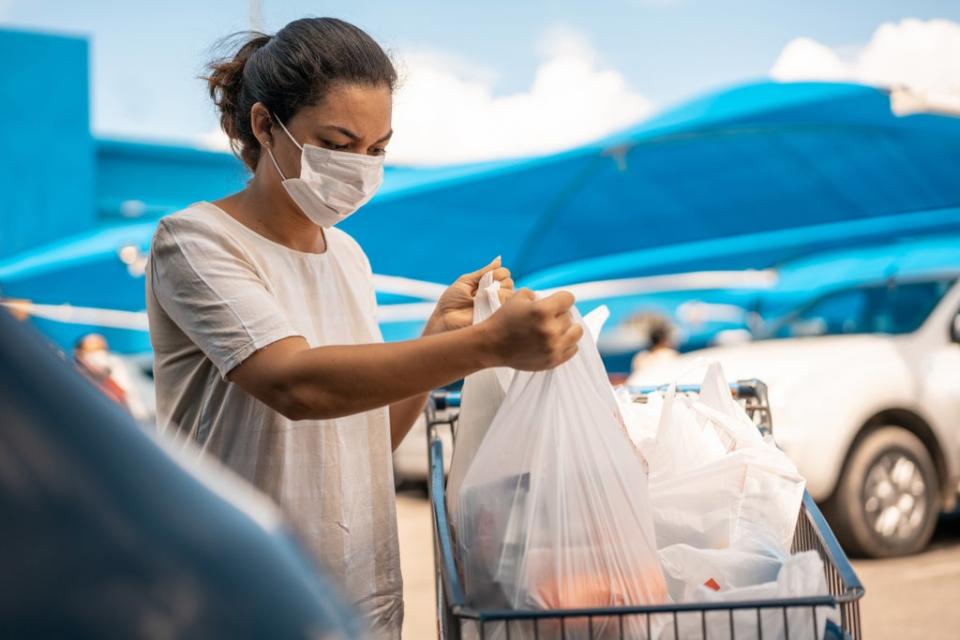Plastic waste is the next asbestos – WHO should declare it a public health emergency

Long after national asbestos bans were implemented in much of the developed world, the United Nations agencies responsible for safeguarding global public health felt the backlash of a propaganda campaign by the asbestos industry. Armed with a well-funded war chest, the industry mounted a coordinated campaign at orchestrated events and throughout the media to promote “controlled use”.
But in 2005, the UN High Commissioner of Refugees struck back by announcing it would ban the use of asbestos in all its projects after consulting with the World Health Organisation, who supported the decision. Weeks later, the Commission on Sustainable Development received calls from a wealth of trade unions agreeing to the ban. The pressure grew, and in 2006, the International Labor Organisation committed at its 95th general conference to campaign for a global asbestos ban.
Recognising its risk, the world’s leading bodies combined to call time on the life-threatening material. The same approach is now needed to tackle plastic.
While there is global agreement to curb plastic’s impact, production continues to rise. If all current government and industry commitments were met, it would stem the flow of plastic into the oceans by 2040 by just seven per cent, with the amount of waste entering our seas tripling each year by 2040 to 29 million megatonnes. The environmental risk is clear, but there is a greater threat to our health too.
The sheer volume of plastic produced means we are exposed to it every day. As plastic breaks down into microplastics it spreads far and wide into our food chain and into the air we breathe. Impossible to avoid, these tiny particles and the endocrine-disrupting chemicals they contain has been linked to fertility problems, cancer, and diabetes, especially in developing foetuses and children.
This violation is the kind of ecocide which goes against our basic right to human health, particularly for those living in impoverished communities who bear the brunt of plastic at all stages of its production cycle. Environmental degradation due to pollution, the deterioration of marine resources, and over exposure to toxic micro and nanoplastics are some of the hazards identified. As a result, the United Nations has called on academics to mobilise in researching the effects of plastic on our bodies.
On 21 October, the world’s most eminent scientific and legal experts are set to convene at the Plastic Health Summit 2021 in Amsterdam to discuss the health impact of plastic. The scientists will share extensive research on how plastic – in its entire lifecycle from production to end of life – poses an existential threat to the environment and billions of people around the globe.
It’s crucial these discussions do not fall upon deaf ears. Plastic pollution represents not only a crime against the environment, but also a breach against our fundamental rights to enjoy life in good health. The threats are there for all to see, and the evidence of plastic’s harmful impact is only going to become clearer as the years go by.
Just as the United Nations did with asbestos, it is now time for a similar approach to plastic. Only a collaborative approach stemming from the United Nations and its specialised branches will do. It’s vital they declare the massive production of plastic as a direct human rights violation against our health with a view to implementing measures to dramatically reducing its impact, from slowing down production to seeing it processed safely come end of life.
The toxic threat of plastic is a human rights emergency. There’s not a moment to lose. The health of future generations depends on it.
Maria Westerbos is founder and director at Plastic Soup Foundation
Read More
Opinion: The government is leaving rural communities behind in its net zero goals
Opinion: 50 years after Greenpeace began, the climate crisis is our biggest threat
Opinion: Boris Johnson is making a mockery of the UK’s presidency of Cop26

 Yahoo News
Yahoo News 